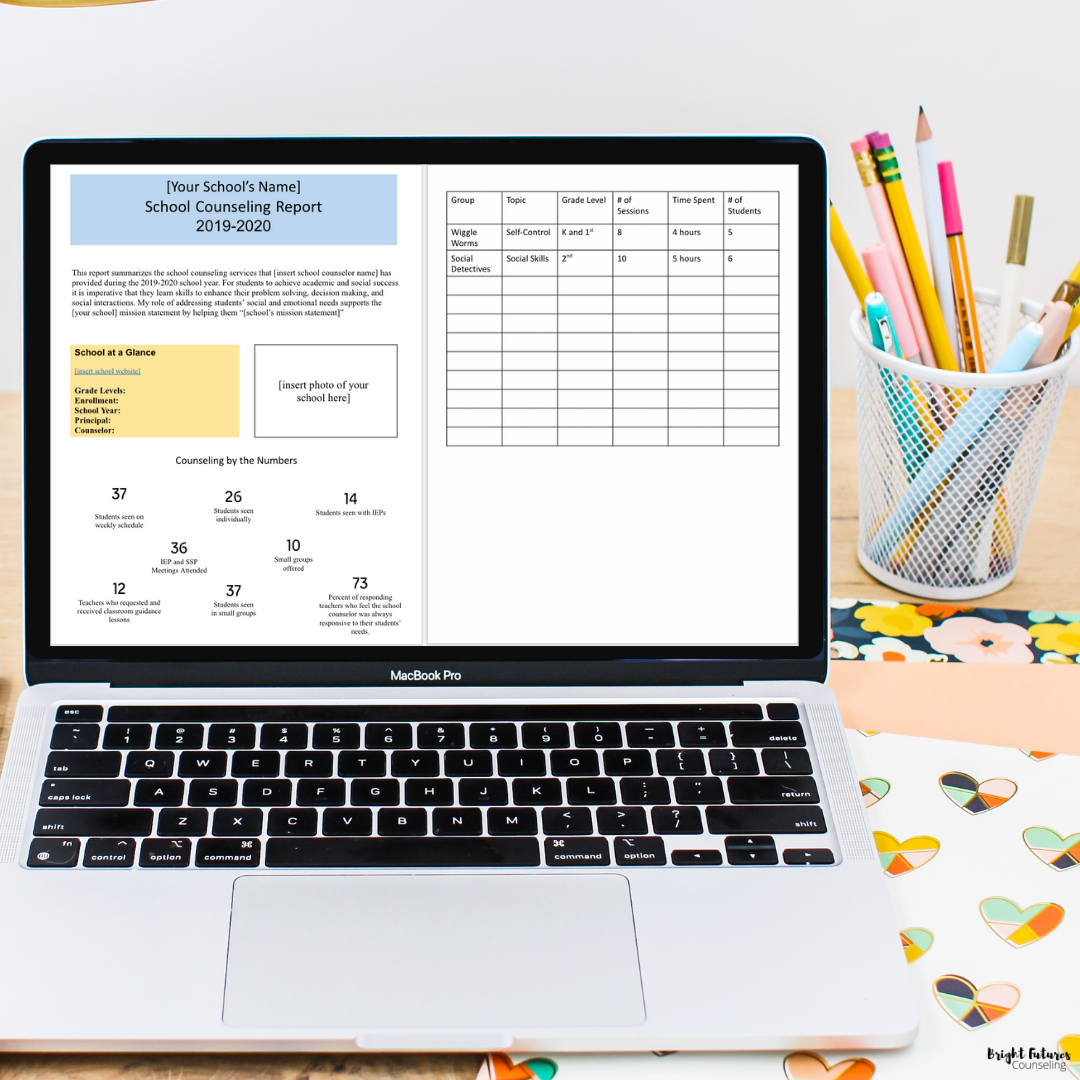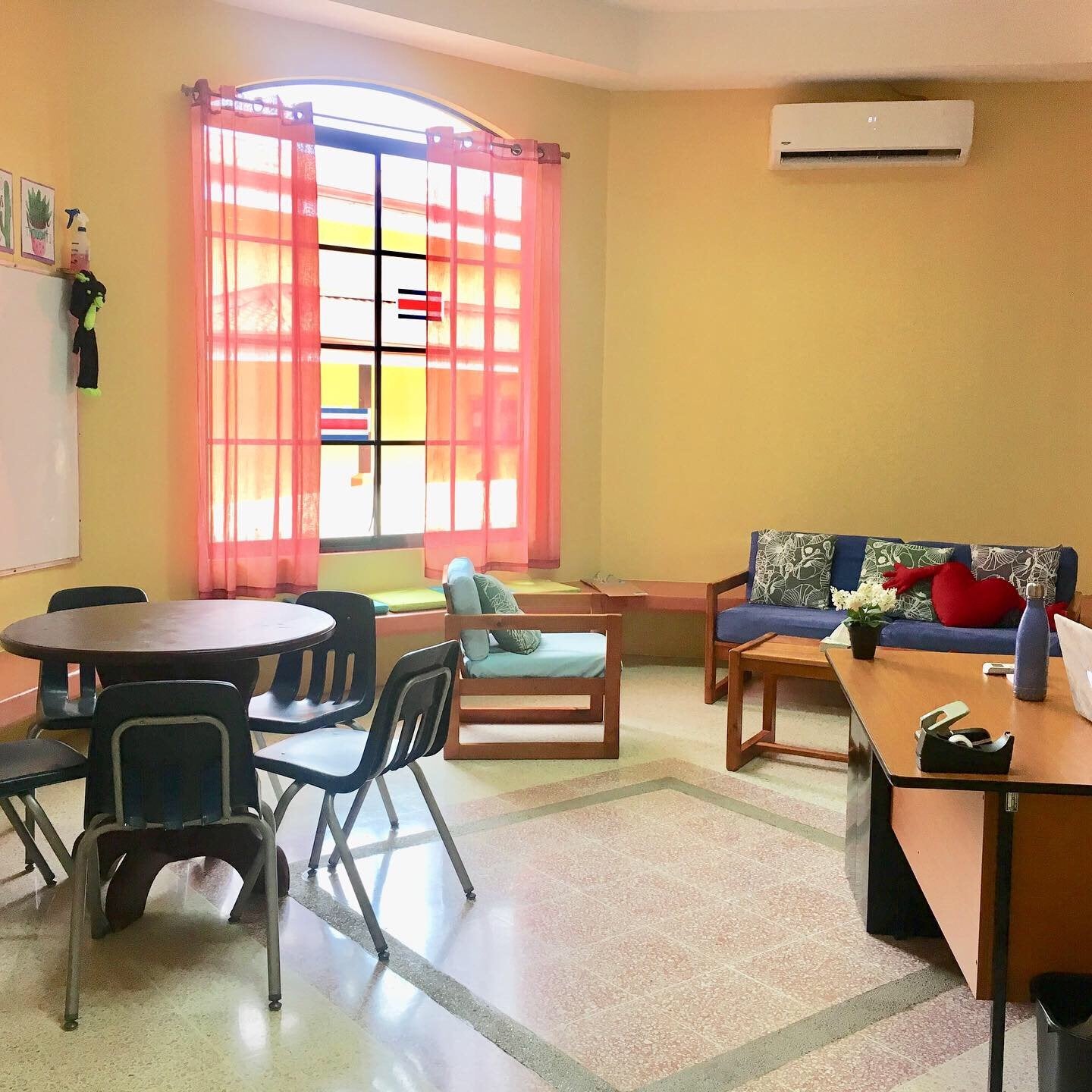5 Sure-Shot Ways to Get Faculty Invested In Your School Counseling Program
By: Neeti Sarkar
A new school year is here and that means here we are, back again, doing what we do best, but also advocating for our role and the services we provide. Getting buy-in from admin and staff is, in my experience, more challenging than my actual job of working with students. And there is no better time than at the start of the year to get more stakeholders on board with what you do so you are set up to have a fruitful and fulfilling academic year. Here are my go-to ways of getting staff invested in my program:
1. Make personal connections
Most often when teachers come to talk to the counselor, it is about a 'struggling' student. They either want you to listen to them and validate their feelings, offer suggestions, and definitely need some amount of empathy. While it's great that teachers know to approach you when they're dealing with challenging behaviors and need your help, it would be well worth your time in building personal connections with teachers. Without prying, it's really okay to get to know the non-teacher side of them - maybe about their love for dogs, or how their summer holiday was, or enquiring after their children who've moved abroad. When teachers see you as someone who is genuinely interested in building relationships, they are more likely to be welcoming of your ideas and interventions.
2. Invite feedback
Our domain of work might be quite different, nonetheless, we cannot deny that teachers have more contact time with the students, therefore, they are the ones who are more likely to notice progress or change in attitudes, skills, and behaviors. This means that we need to listen to them. Before I draft my End of the Year Report, I make sure to send out a Google Form to teachers, asking for their feedback on my class lessons, if they felt I was able to help them that year, etc. Knowing their voice matters to you can get teachers to be more invested in your counseling program.
3. Co-plan/Co-teach SEL lessons
In my school, though I lead the PSE (personal and social education) program, every teacher is responsible for nurturing their students' social and emotional wellness. This means, there are times teachers will be facilitating lessons on topics such as kindness or the importance of a growth mindset. Teachers are highly capable professionals, able to run such lessons independently. However, if you offer to step in and co-teach with them, they will not just appreciate your help but there will also be tons of learning between the both of you.
4, Offer an Open House/ Office hours
One of the best relationship-building tools, in my experience, has been, opening up my office to teachers, weekly, to come by, grab a snack (I love baking brownies and cookies), sit on my bright pink couch, and chat with me. Going into classrooms to support teachers is super important for counselors. However, there is value in getting staff to visit your office every now and then.
5. Share resources
When teachers talk to you about children taking time to settle after recess, and you believe mindfulness can be useful, suggest that to them. Share some guided meditation scripts or videos that they could use in their classrooms. Do they have a student who does not quite understand the concept of personal space? Lend them your copy of an SEL book that addresses the issue appropriately. Do you have a visual schedule template teachers can use? Don't hesitate to share or recommend resources that would make their lives easier.
Here's to a successful school year ahead and a great partnership between you and the teachers you work with! You've got this!
About the author: Neeti Sarkar is a Primary School Counselor at an IB school in Bangalore, India. Over the span of almost 10 years, she's worked with students aged 3-18, but enjoys working with the littles the most. Neeti's also a seasoned journalist, so when she isn't making behaviour plans, teaching guidance lessons, and supporting her school community in various other ways, she makes time for her other passion- writing.
SHARE:








